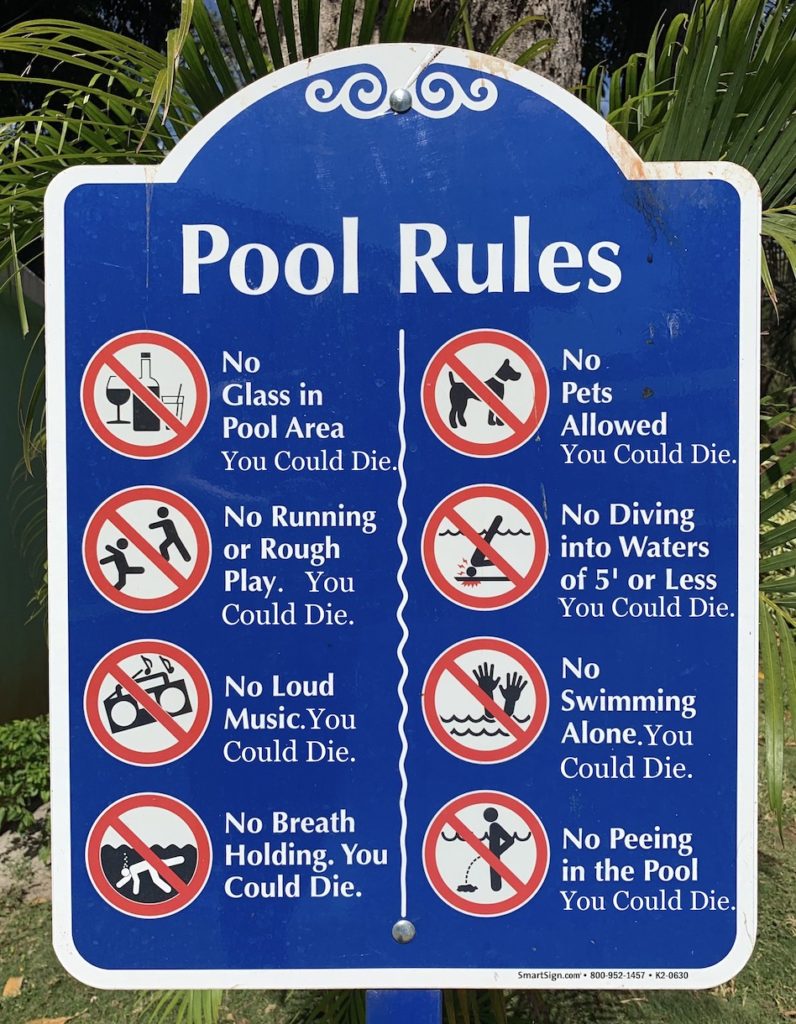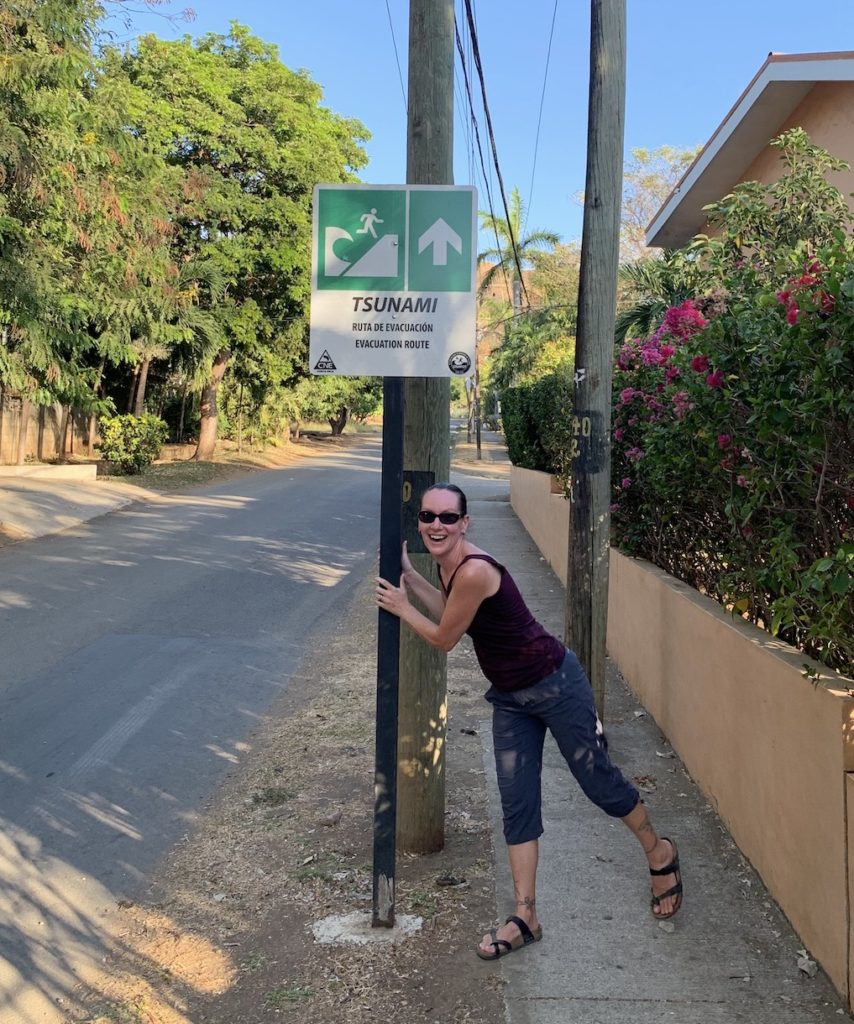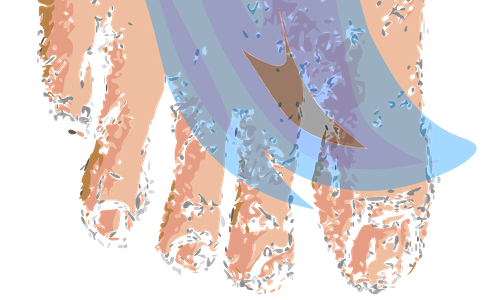Retired at the wonderful age of 43! I was a bit younger than I intended to be when I retired, but that was due to Mr. ItchyFeet getting all brokie-broke. We had to accelerate plans because he could no longer work. Plus I really needed to get away. Working in a hospital during COVID was no joke.
We had been researching this idea of Financial Independence, Retire Early (FIRE) since Mr. ItchyFeet’s first neck surgery and it seemed like something we could do. The main ideas behind FIRE are to work hard to save and invest a LOT during your early years, learn early to live on less, and retire by using the interest money from the investments. It doesn’t mean you have to stop working. It just means you can do what you want for pleasure without regard to how much you will make.

Save, Save, Save!
I’ve always been a saver so it wasn’t much of a stretch for me at a young age to open a 401k through work and start investing, mostly index funds. Index funds aren’t that flashy. They don’t make a ton of money, but they also don’t have a ton of risk, especially if you can keep the money in there for many years. If the thought of picking funds stresses you out, a lot of investment companies have retirement-year based mixed funds. The company manages the investment mix to go from risky while you are young to less risk as you get older. Pick a year around when you will be about 65 years old, not the fun young age you would like to retire. Most likely, you won’t touch this fund until you are old enough to take it out without penalties.
There are federal limits on how much money you can put into specific retirement accounts each year. We tried to reach this limit, without going over, while still making contributions for the entire year. This allows you to maximize your investments while also receiving your company match all year. Free money! Anything saved over that amount went into improvements into our primary residence (increasing its value) and into a robo-advisor investment account.
Robo-advisor accounts are very simple. You just sign up for an account with some moneys and decide if you want to be conservative or aggressive and if you would like to be sustainable. Go Earth! Robo-advisors cost a bit more than picking index funds yourself, but they do all the work for you (picking funds, adjusting, reinvesting, and tax-loss harvesting), which is very nice.

The best way to save is to have the money go into your 401k and the other investments automatically per paycheck. Then you don’t really even have to think about it. It just happens all magic-like.
As far as the primary residence, pick a location that is close to work, or offers good transit options (so you can hopefully get rid of, or reduce reliance on, a vehicle) in a place where the neighborhood is rising in value more than you are paying in interest for the mortgage. Then pick a place that needs cosmetic help (worst house/condo in the best neighborhood). You can paint it, replace tile, update the kitchen, and raise the value of the property even more. All while living there and not paying rent. Think of it like a second job where the final product will be sold to the highest bidder. And, when you do sell, since it was your primary residence you can receive most, if not all, of the profits tax free (save those receipts from your projects!).
Live on Less
“The American Dream” is to go to college, get a job, drive nice cars, own a fancy house with a white-picket fence, get married, and have babies and then work until you are old and can no longer do fun things. BIG OLD BAG OF NOPE! I say, do the college thing (bachelors or associates) to get a good job and maybe get married (Mr. ItchyFeet might disagree here! ?) but don’t work your ass off for stuff.
There are only two things that are worth going into debt for: a residence that will increase in value and education (to make you more valuable). If you can’t buy that car with cash moneys, don’t buy the car. It’s usually not a good idea to take out loans on depreciating assets. Don’t waste those savings on something that sits empty most of the time and just costs money. And, let’s be honest, someone is probably going to just break into it or steal the catalytic converter.
I bought my ‘95 Toyota Corolla in 2002 for $5k cash and drove it for almost 20 years. With no monthly payments, low insurance and registration costs, and good gas millage, I was able to save money that went into investments. We supplemented the single car with buses, bikes, walking, and car sharing. We rented if we needed to drive any real distance, still saving money.
Skip the kids. They are expensive and gross (swimming-pools smell because kids pee in them…gross!). If you took all that money that would go into raising a kid (around $10k per year for 18 years) and put that into investments with compounding interest, you could instead have a couple million dollars by the time you hit 65!
Plus, the second happiest people in the world are those who never had kids (the happiest are those who had kids but the kids are now grown and have moved out). While it’s true that “second happiest” is not as happy as “first happiest”, we will be nearly as happy, but for much longer. The least happy? Those who currently have kids. On average, I think that means we win. Ha!
There are loads of people who try FIRE with kids, it just takes more effort to convince children that they don’t need all the things. Maybe tell them that if you pay for college, they have to pay for your retirement? Good luck with convincing them of that. And remember, contracts with minors are non-binding.

Do you really need that new TV or fancy furniture? It’s amazing how much money we spend on stuff. That stuff anchors you to a specific location because you already spent so much money and effort to get all that stuff. The Sunk Cost Fallacy. It’s expensive to buy things and it’s expensive to move those things and it takes a lot of effort to get rid of all of it. All that stuff takes away your freedom to travel.
What are your priorities? I would rather see the beaches of Costa Rica than have a coffee table. I’m also extremely cheap and feel like you can just use a kitchen chair or cardboard box as a coffee table if you need one. Or buy used, or of a high quality, so it keeps its resale value. Depreciating assets are the worst!
Now sell that freshly remodeled house!
There is a lot of debate regarding owning your home or renting during retirement. It costs time and money to maintain a house but there is insecurity with renting. I think it depends on how much you want to travel.
We specifically picked our house to fix it up and sell, so our decision was easy. We included our real estate agent in a lot of the cosmetic design decisions regarding the house as we planned on selling it from the day we bought it (thanks, Paula!).
We took the moneys we made on the sale of the house and put it into a mix of mostly index funds that Mr. ItchyFeet carefully researched. The places we are staying in now rent (fully furnished with a pool!) for around $1k per month, which is less than the maintenance costs plus property taxes on the Seattle house, so it’s a win for us.
The 4% Rule
The goal of FIRE is to mostly live off of interest from investments, which should be about three to four percent of the total saved. For example, if you saved a million dollars, you should be able to live on $40k per year. Can you live on $40k? What about if you gave up the car and cable TV, rented a small apartment near a gorgeous beach in Costa Rica or Mexico or Belize for $1k per month, and ate delicious local food and drank local rum for very little money?
If you find you need more than that, you may need to save a bit more before retiring or supplement your savings somehow. The key is to make an honest evaluation of what type of lifestyle you want to support and match it to how much you have invested.
Index funds will earn money and lose money but should steadily increase in value by at least 4% long-term, even through recessions and accounting for inflation. In theory, you should be able to take out about 4% of your investments indefinitely.
As you pull funds from a non-retirement account, the funds in your retirement accounts will continue to grow so that by the time you reach the age where you can start taking from those funds, they should be pretty hefty. I wouldn’t count on Social Security or a pension, but those could help as well.

Some people feel that the 4% rule is too risky and think 3% would be better. That would mean living on $30k per year if you have one million in savings. You might be able to do this with some side hustles. FIRE doesn’t mean you are never allowed to work again. It just means you can do what you want as far as your daily activities and what you want to spend time on.
If you only want to work a couple months a year or a couple hours a day, you have that freedom. You could even volunteer to do fun things like play with puppies or clean up beaches or play with puppies on the beaches! Do NOT get involved in any pyramid schemes/multi-level marketing schemes. Those are designed to take money from you and not make moneys for you.
What about living in the moment!?!
I absolutely do not believe that you only live once, but some people do. Is that justification for buying fun things for here-and-now or a great reason to save for retiring early? You can’t take the money with you and what if you die before you get to spend it? That’s very tricksy. Do you value all the fancy things right now, or do you want to travel and see fabulous places while you have the energy to really enjoy it?
FIRE is about working hard and saving while you are young so that you can reap the benefits of those investments at around middle age, while you are still young enough to enjoy it. It is not for everyone. We really miss our Seattle friends and family, but this was the best option for us. Plus, we can hopefully talk them into visiting us on some gorgeous beach somewhere! PM me!!!





